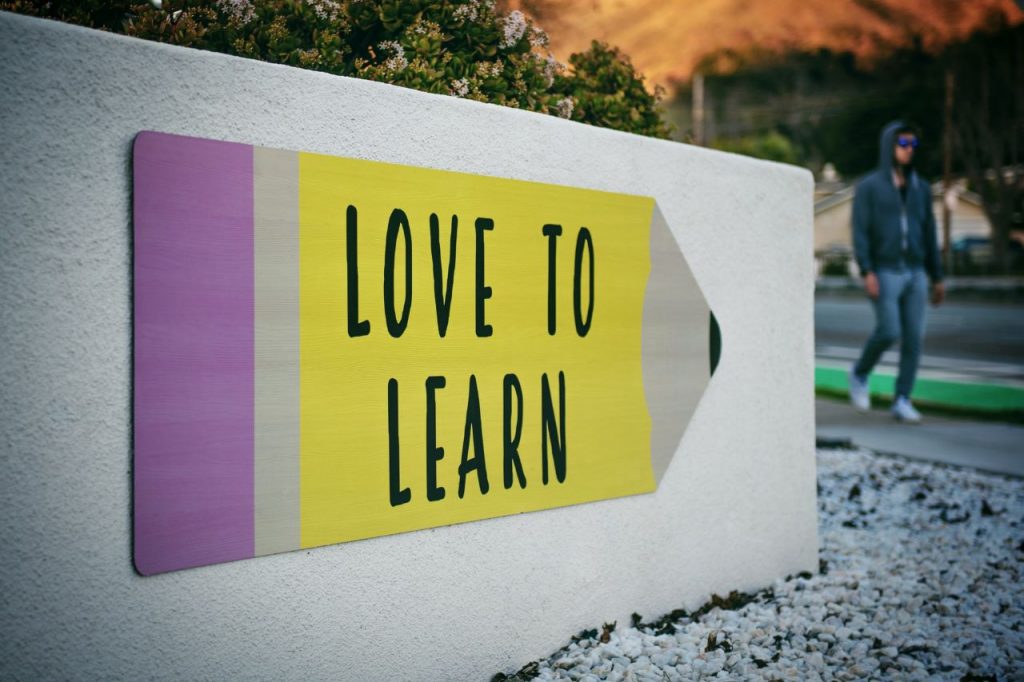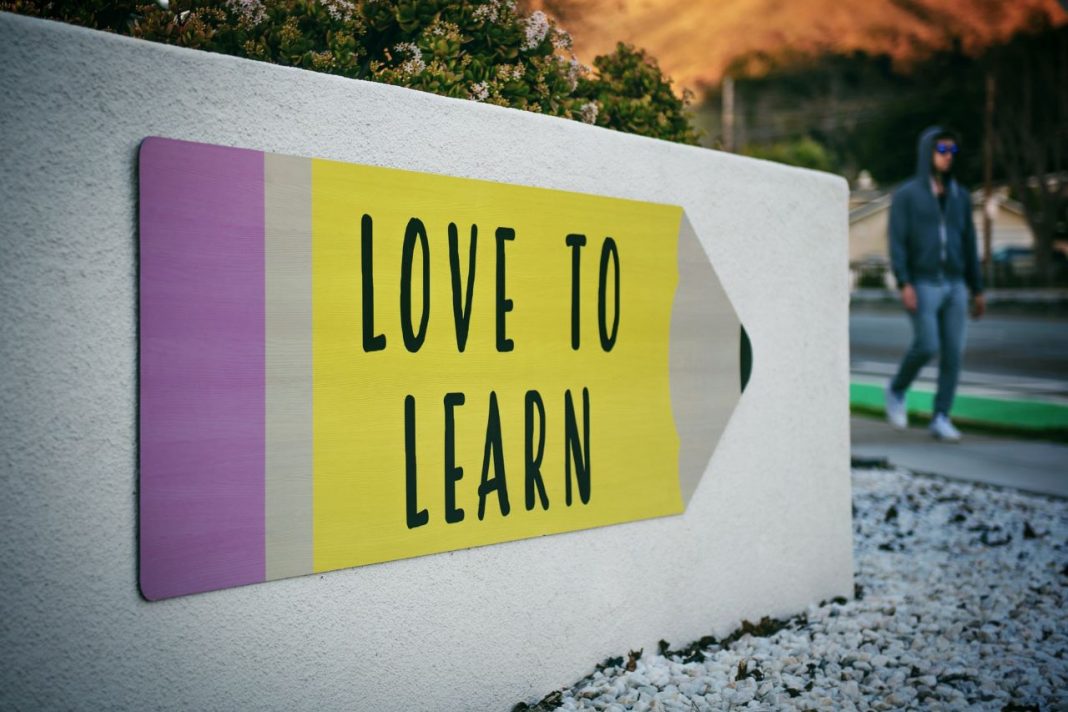The culture of lifelong learning is essential in building a learning society, and while public and private sectors strive to provide the infrastructure required to develop lifelong education, individuals themselves need play their part in the learning society by cultivating a habit of seeking new knowledge and skills beyond their school years.
Becoming a lifelong learner involves having the drive to pursue knowledge continuously and voluntarily, whether for professional or personal purposes.
The benefits of lifelong learning are endless; among them are enhancing existing skills, gaining new knowledge, broadening perspectives, improving work competency, boosting productivity, expanding social networks and developing personal well-being.

The pursuit of knowledge in the long term is particularly useful to those who want to remain employable in the digital economy, because tertiary diploma alone can no longer be enough to ensure career success.
With technological advancement and globalisation transforming the work environment, more employers are searching for highly skilled talents who have the ability to adapt to change and understand global perspectives.
Furthermore, although knowledge has always been vital for professionals to thrive in their areas of expertise, rapid development in the digital era implies shorter lifespan of knowledge of up to only three to four years.
As such, it is important to become lifelong learners not only to be equipped with the necessary knowledge and skills to compete and remain relevant in the job market, but also to keep pace with changes that occur in the workplace in terms of technology, working methods, and procedures.
There are many ways for individuals to engage in lifelong learning, as long as they have the motivation, commitment and curiosity to learn every day.
Thanks to the Internet, individuals can take courses that are being offered through Massive Open Online Courses (MOOCs) of education institutions around the world (such as Sarawak’s very own UNIMAS) or online learning platforms including Coursera, Khan Academy, and Udemy.
Those who prefer a more formal setting can visit their preferred higher learning institutions to find out programmes that they believe can enhance their professional capability. Where time constraints are concerned, they can opt for programmes that allow part-time, online or distance learning.
At their workplace, individuals can take part in professional development and on-the-job training provided by their employer. Should they have some free time, they can improve their capability by reading relevant articles or watching educational videos.
Those who want to become lifelong learners should cultivate everyday learning habits beyond their studies and work, and into their daily routine.
For example, they can begin by creating a list of interests that they want to explore upon spending some time researching. Having such list allows them to always have something to learn daily.
This does not mean that they should rush in educating themselves; instead, they should take their time to digest any new knowledge and skills that they want to gain for themselves.
Another way of cultivating lifelong learning habits is reading widely and every day. Whether through books, newspapers, online journals or many other reading materials, individuals should aim to spend at least a few minutes each day to read something new.
Alternatively, they can experiment with different ways of learning, such as listening to podcasts, watching documentaries, creating mind maps or even using music to study.
To ensure that they actually understand the knowledge and skills they have obtained, they should try starting their own project or teach others via blog posts or group discussions to apply them in real world situations.
It is worth noting that learning does not necessarily have to be done alone. Thus, individuals who want to become lifelong learners can establish their social networks with people who like to explore new ideas and learning topics together, including industry leaders whom they can learn from to strengthen their professional capability.





